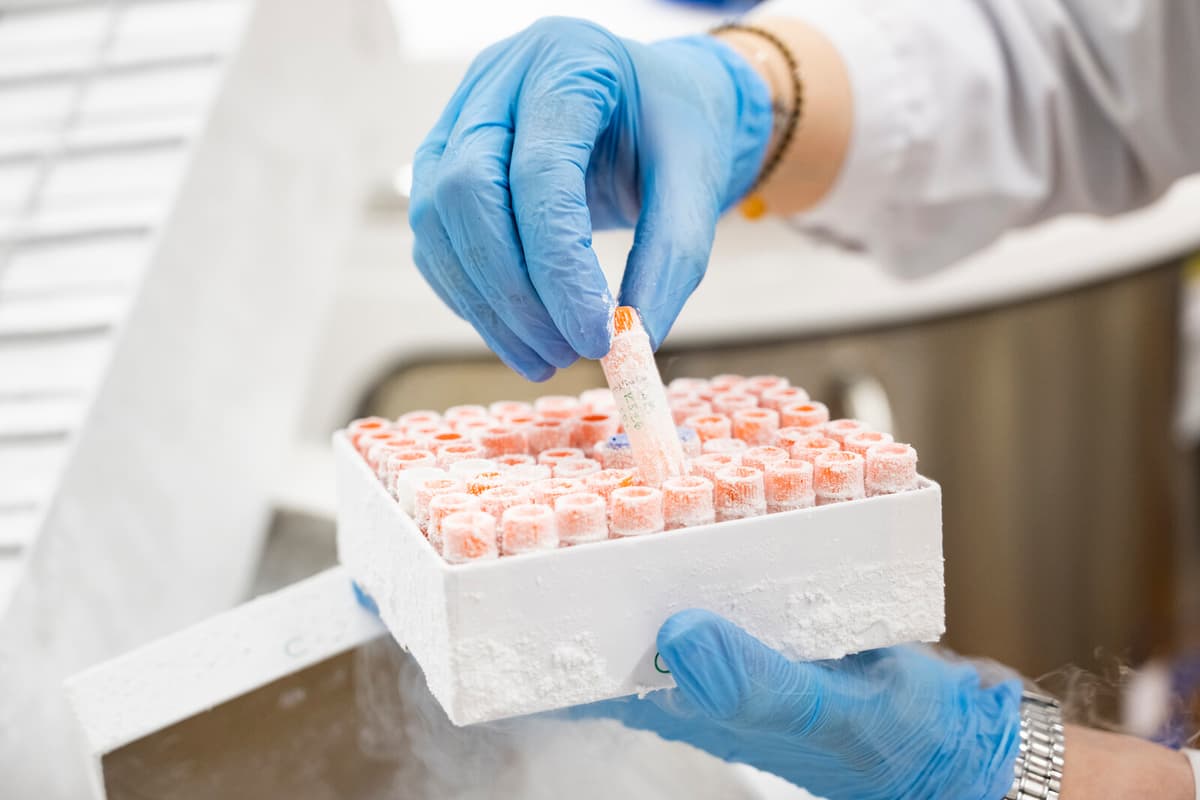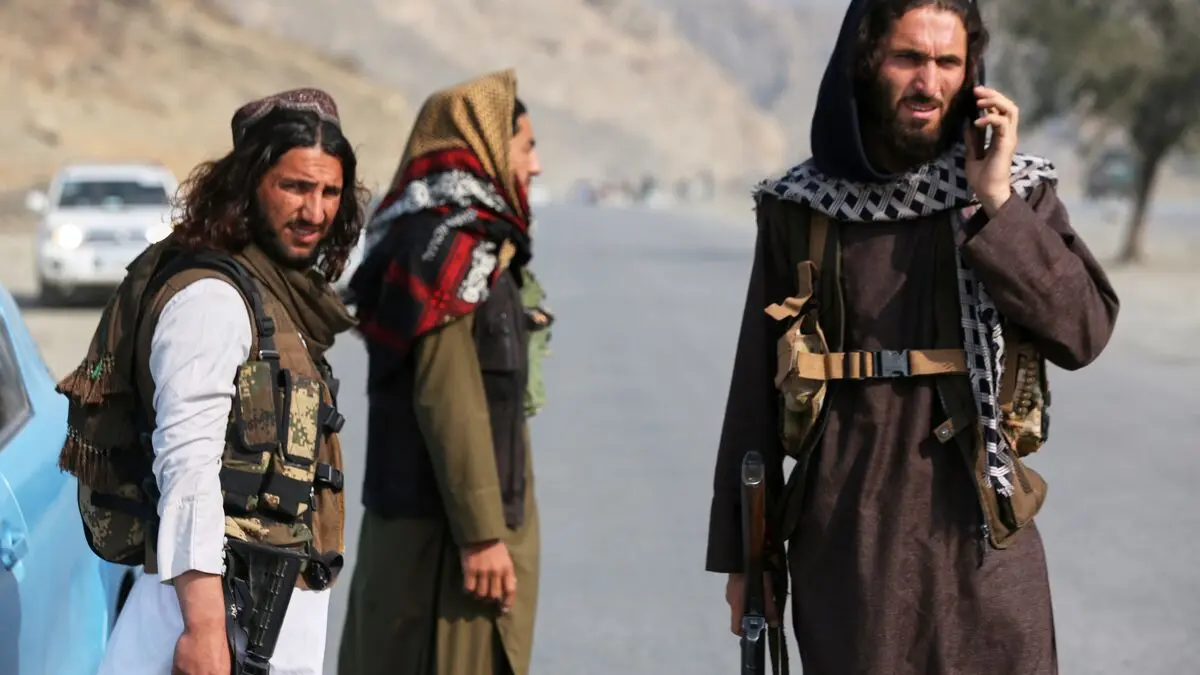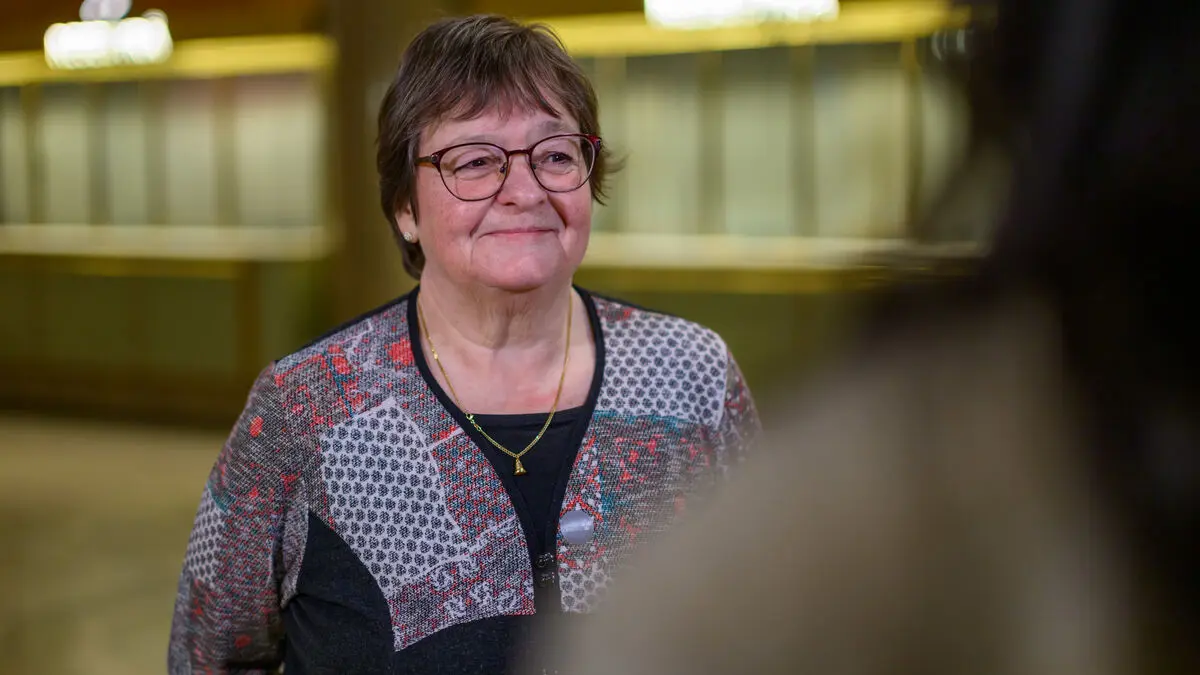In the study, published in the journal Cell, researchers at Karolinska Institutet and Astrid Lindgren Children's Hospital have followed a total of 191 children between 0 and 18 years old. The children were diagnosed with various solid tumors between 2018 and 2024. Tumor tissue and blood samples were analyzed to examine genetic changes in the tumor and which genes are active or inactive in the immune system.
Based on the results, it can be said that the immune system in children with cancer reacts differently compared to adults. But also that the immune system is activated in different ways depending on different tumors.
"Precision medicine in cancer has previously mostly focused on the properties of the tumor. By mapping the properties of the immune system, we add a completely new dimension that can have great significance for how childhood cancer is treated in the future," says Petter Brodin, professor of pediatric immunology at Karolinska Institutet and pediatrician at Astrid Lindgren Children's Hospital, in a press release.
"We can see that children's tumors are generally less inflammatory and have fewer mutations, which makes them likely to be perceived as less foreign by the immune system. This means that the immune system does not react as strongly to combat the tumor," says Petter Brodin.
Petter Brodin notes that there are large individual variations, which further highlights the need for individualized treatment.
"Our study shows how this can be implemented in practice," he says.






